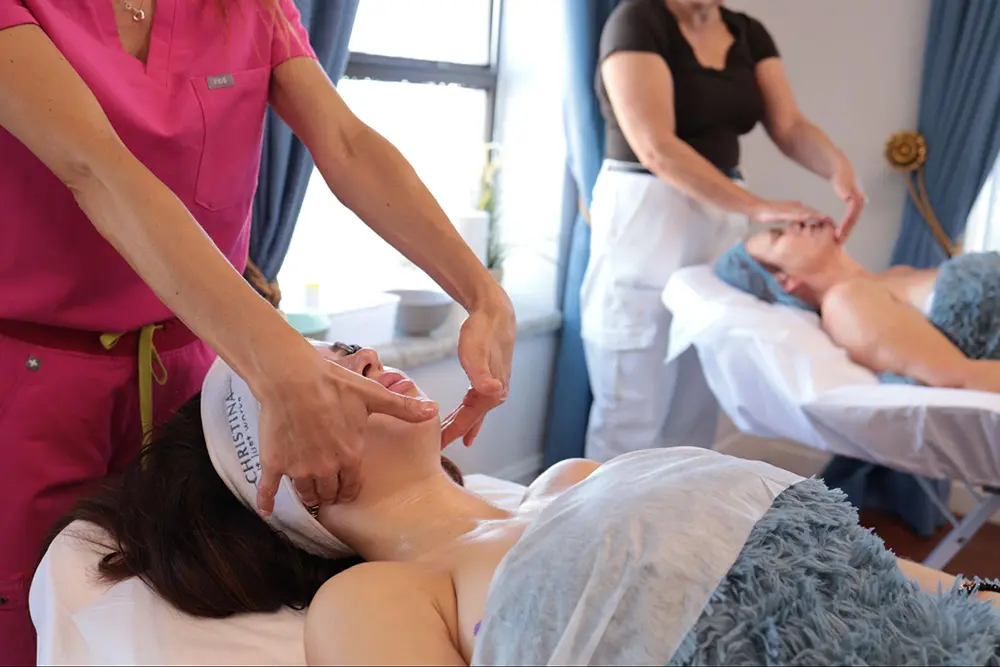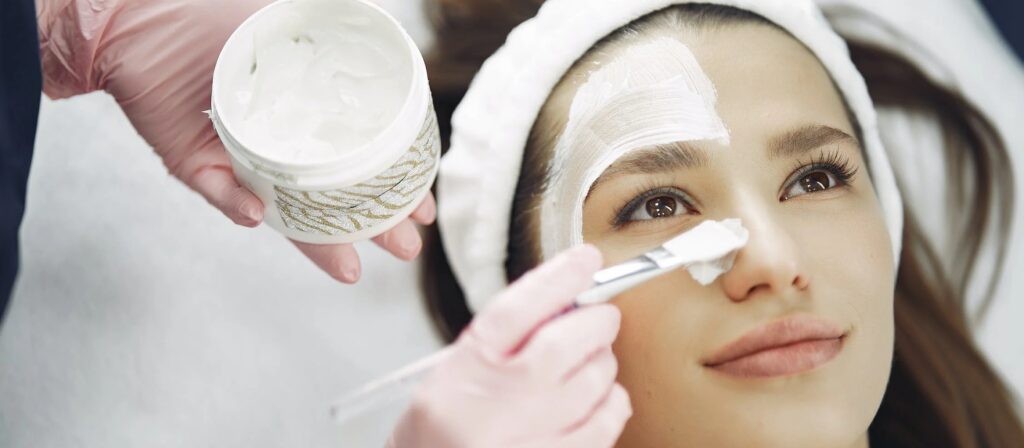Florida is one of the leading U.S. states where the profession of a cosmetologist is most prevalent. It’s a specialty that encompasses a wide range of skills, and professional cosmetologists are skilled in areas ranging from hair to nail care. Cosmetology education is one of the primary focuses here at Prestige Health and Beauty Sciences Academy, located in Hallandale, Florida.
Read more to learn about the ins and outs of this profession, what it takes to get started, and how the education process unfolds.
What is the role of a cosmetologist?
A cosmetologist is a licensed professional knowledgeable in hair care and styling, skin care, and nail care. Most cosmetologists work in beauty salons, spa centers, and resorts. Additionally, a cosmetologist can open a private practice, and take on a managerial role in a beauty salon.
What does a cosmetologist do?
Cosmetologists provide a variety of services. Many do makeup, facial hair removal, and eyebrow tinting. Nail care is a popular service as well, such as manicures and pedicures. An experienced cosmetologist can fully prepare a client for an important event, like creating a beautiful look for a wedding, prom, or another celebration.
Many professionals choose to specialize in a certain field, and undergo additional courses to increase their knowledge. For example, many hairstylists, makeup artists, and nail technicians are cosmetologists that specialize in their preferred field.

What does a cosmetologist need to learn?
During cosmetology education, in addition to beauty-related skills, it is also important for students to learn:
The basics of state law
A cosmetologist is a licensed professional, and licensing laws vary from state to state. There are also laws that regulate the work of beauty professionals. In our institute, a course on Florida law is part of the education.
Sanitation and bacteriology basics
To work with clients, maintaining sanitation is crucial. Sterilizing instruments, using disposable items, and understanding all the nuances to ensure the safety of both clients and oneself are essential for a cosmetologist. We also cover this topic in our academy.
Establishing a personal brand and advertising development
To find and retain regular clients, it's important to gain their trust. Developing your own brand and advertising can help with this. In other words, a cosmetologist needs to highlight their uniqueness, showcase their work, and attract those who appreciate their style. After completing the course at our institute, we help students learn the fundamentals of branding and marketing.
Interpersonal Skills
Cosmetology involves working with clients, and often, people share their joys and problems during procedures. Therefore, it's important for a cosmetologist to create a comfortable and trust-based environment. Additionally, clients may sometimes be emotional or aggressive, so it's important to learn how to respond correctly to stressful situations.
During training in our academy, students are given their own equipment and materials. We provide an environment for the student to practice in a five-star beauty salon in Miami. As a result, after completing the courses, a student can confidently pass the exams to obtain a license. We also assist in developing their own brand to attract clients.
Pros and Cons of Studying to Become Cosmetologist
Advantages:
- You can work on a flexible schedule that suits you.
- There's creative freedom and the opportunity to find your own style.
- No daily routine; each day's work is diverse, helping to maintain engagement.
- You get to meet new and interesting people.
- The possibility of opening a private practice or a Beauty Salon.
- Client gratitude provides positive emotions and a sense of being needed.
- Opportunities for continuous growth and skill improvement.
- You can become a well earning professional cosmetologist in less than a year.
Disadvantages:
- Standing during work can lead to back and leg pain.
- Interaction with various substances is required in the profession.
How Can You Choose The Right Cosmetology Training Course?
- Hair cutting and styling.
- Various types of hair braiding (including ethnic styles).
- Hair coloring and color theory.
- Chemical hair treatments.
- Selection of shampoos and other hair products.
- Scalp care.
- Facial skin care.
- Makeup and eyebrow tinting.
- Facial hair removal.
- Basic manicures and pedicures.
- Nail care with coatings or extensions.
At Prestige Health and Beauty Sciences Academy, training is conducted by practicing professionals. The course includes the study of all the topics listed above. Training consists of both theoretical and practical components. Each topic is covered over several lessons, allowing the instructor to thoroughly explain the subject, and the student to absorb the information without haste or stress.
